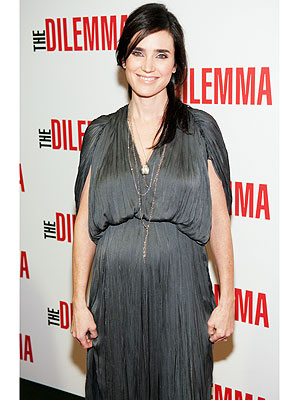 Food stopped being simply the substance that gives us energy and the nutrients we need to survive, and [rapidly] evolved into a product to sell sell sell. Forget survival of the fittest. Industry doesn't care about health fitness. It cares about financial fitness, which translates into maximizing profits, minimizing costs, and doing whatever else it takes to do just that, including constantly keeping your attention [and wallet] open, by developing new products [note: the avg. supermarket now has about 60,000 products, up from about 20,000, just decades ago], packaging, marketing, so on and so forth.
Food stopped being simply the substance that gives us energy and the nutrients we need to survive, and [rapidly] evolved into a product to sell sell sell. Forget survival of the fittest. Industry doesn't care about health fitness. It cares about financial fitness, which translates into maximizing profits, minimizing costs, and doing whatever else it takes to do just that, including constantly keeping your attention [and wallet] open, by developing new products [note: the avg. supermarket now has about 60,000 products, up from about 20,000, just decades ago], packaging, marketing, so on and so forth.In efforts to somehow manage and regulate this crazy food processing, which continues full-force today, the food label was born— telling us what's in an unnatural, unrecognizable, processed food and some key nutrient information, including:

- Calories
- Fat [unsaturated, saturated, trans]
- Cholesterol
- Sodium
- Potassium
- Carbs
- Fiber
- Sugar
- Protein
- Calcium
- Iron
- Vitamins A and C
- Ingredients in descending order by weight
Phew. That's a lot of really useful information on nearly every packaged food you can lay your hands on.
But forget all that. In the next few months, food makers [will] devise [their] own label plan, which consists of listing calories, saturated fat, sodium, and sugar on the front of packages, with the option to include [ahem, market] one or two more 'positive' ingredients as well, such as fiber.

Is the food industry really making genuine efforts to help consumers make healthier choices, as they claim?
And, more importantly, will consumers know how to use this new label plan any more effectively than what is on packages already?
And note: to say that the current food label is hidden, is bogus [or, complete BS]. Think for a minute: Do children have a difficult time finding games on their cereal boxes? [Case and point.]
Like an unknown foreign language, you can present the same information in a million different ways, but you still need an education or translator.
Happy Healthy Juicy $50 Million for Nutrition Education Just Might Prove More Effective Than Advertising This Initiative!





